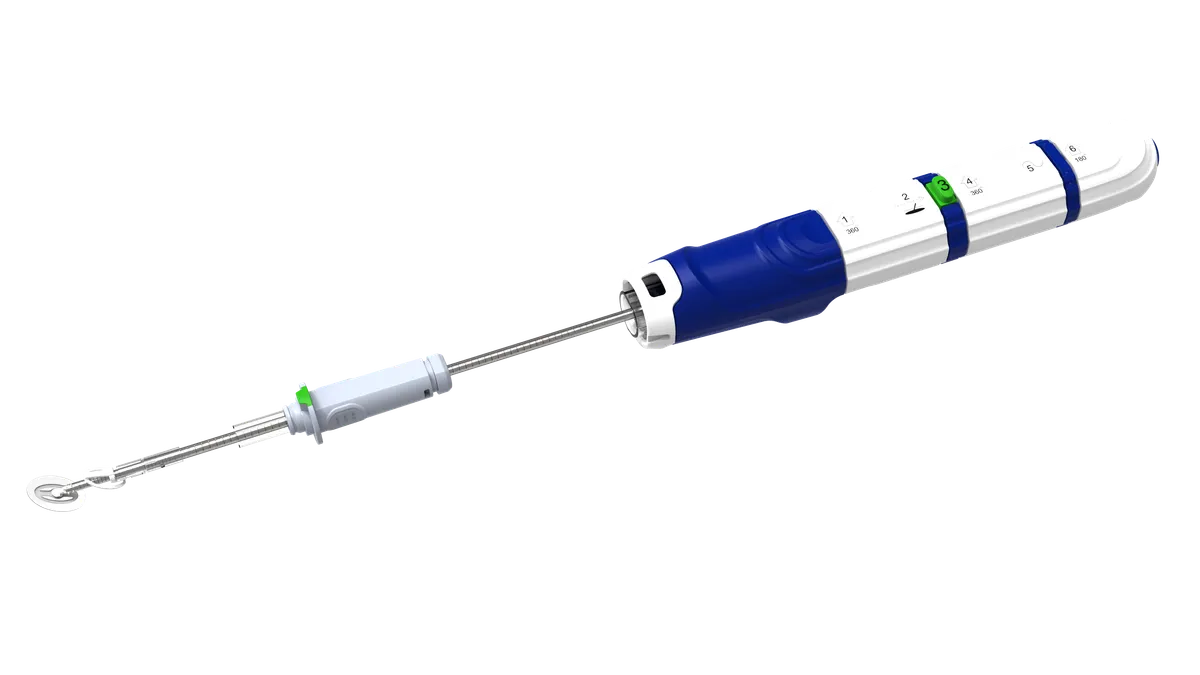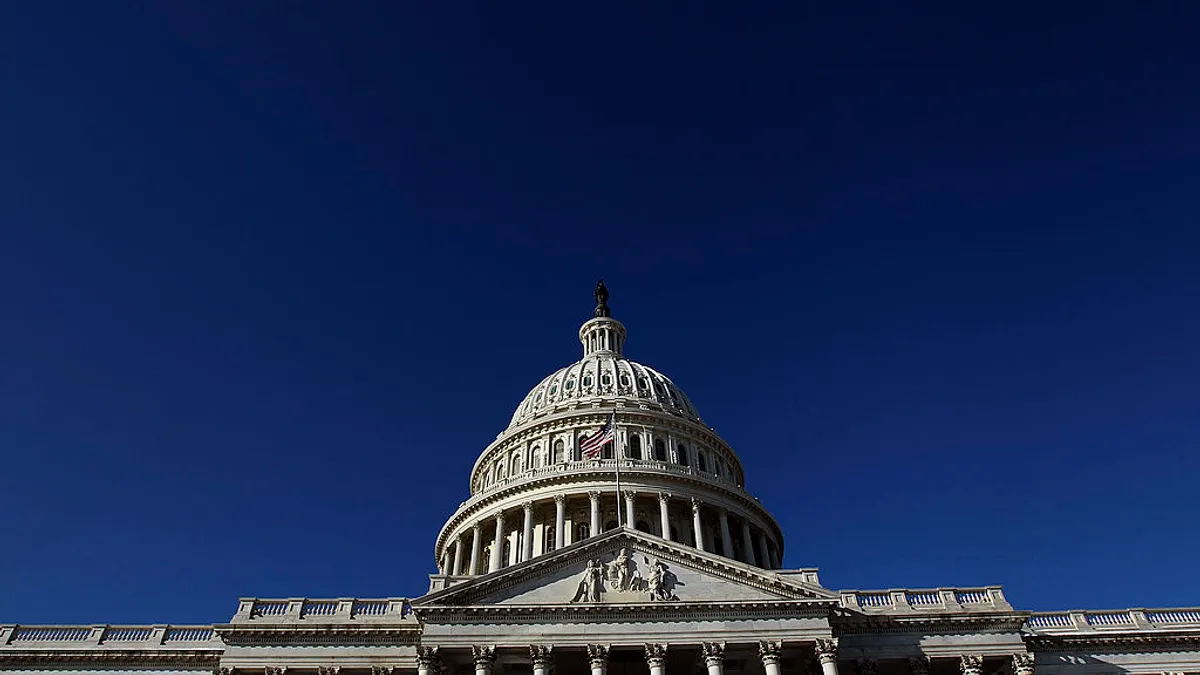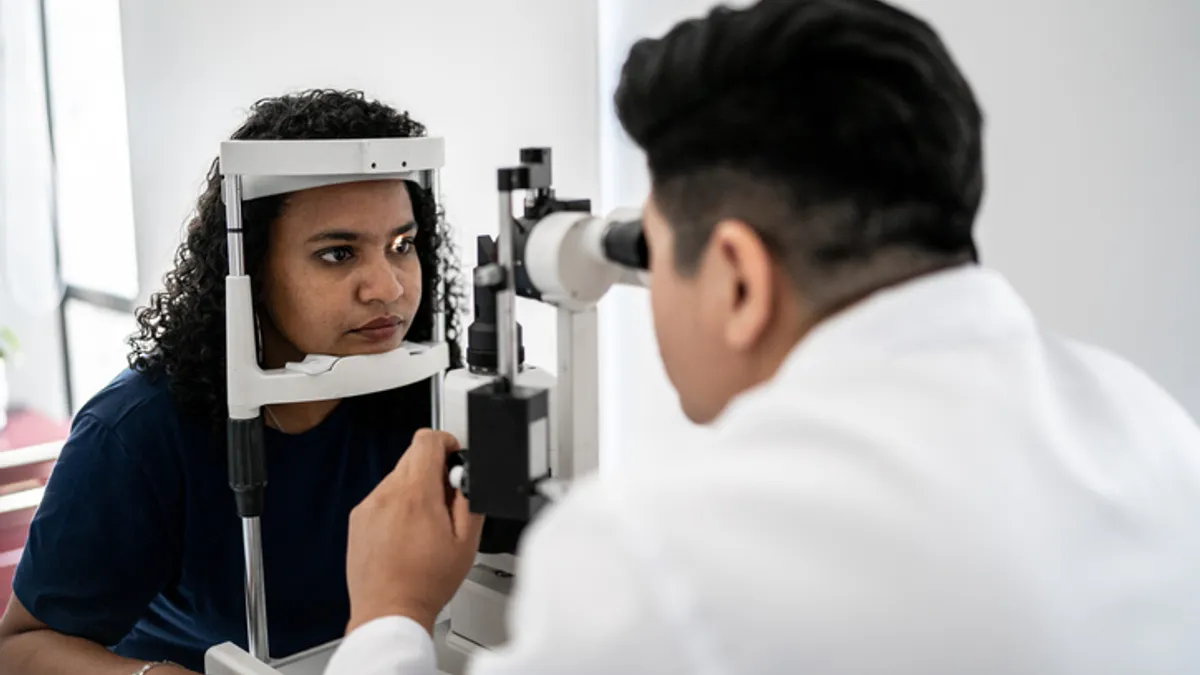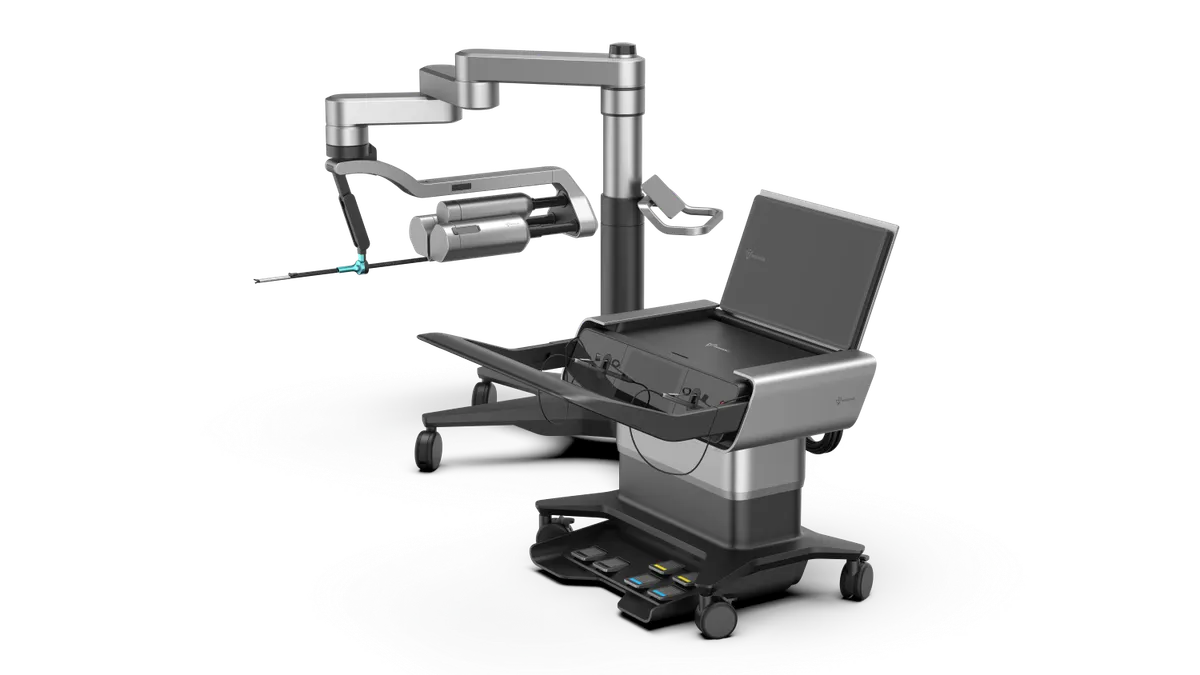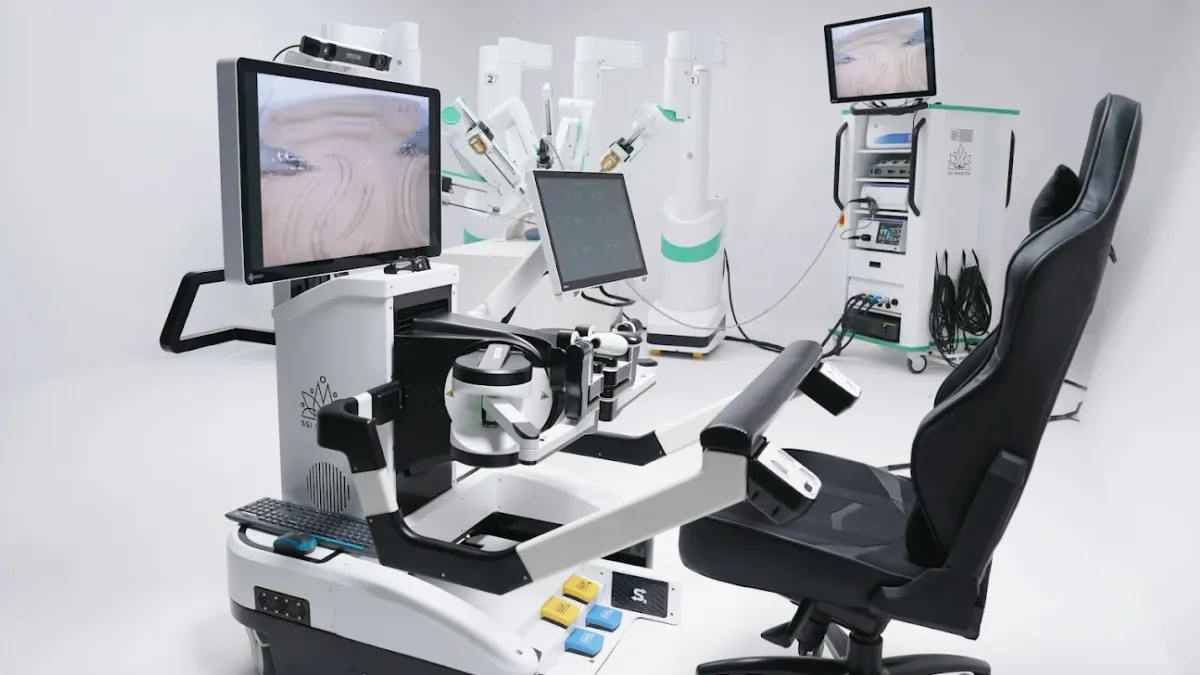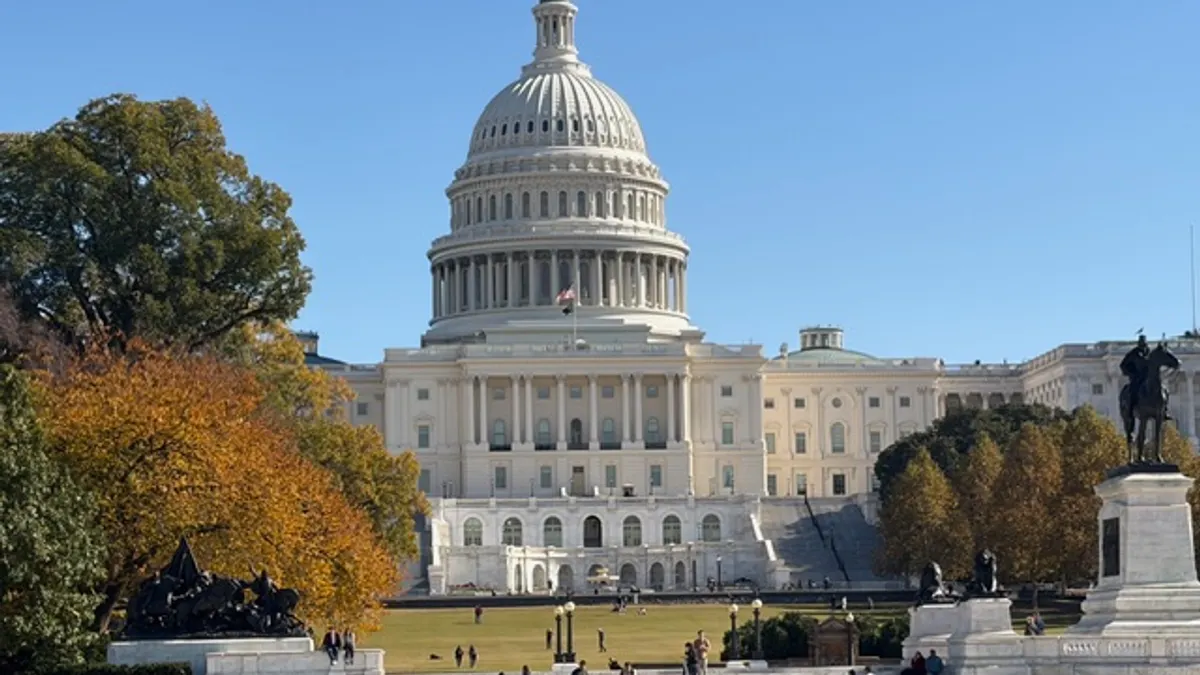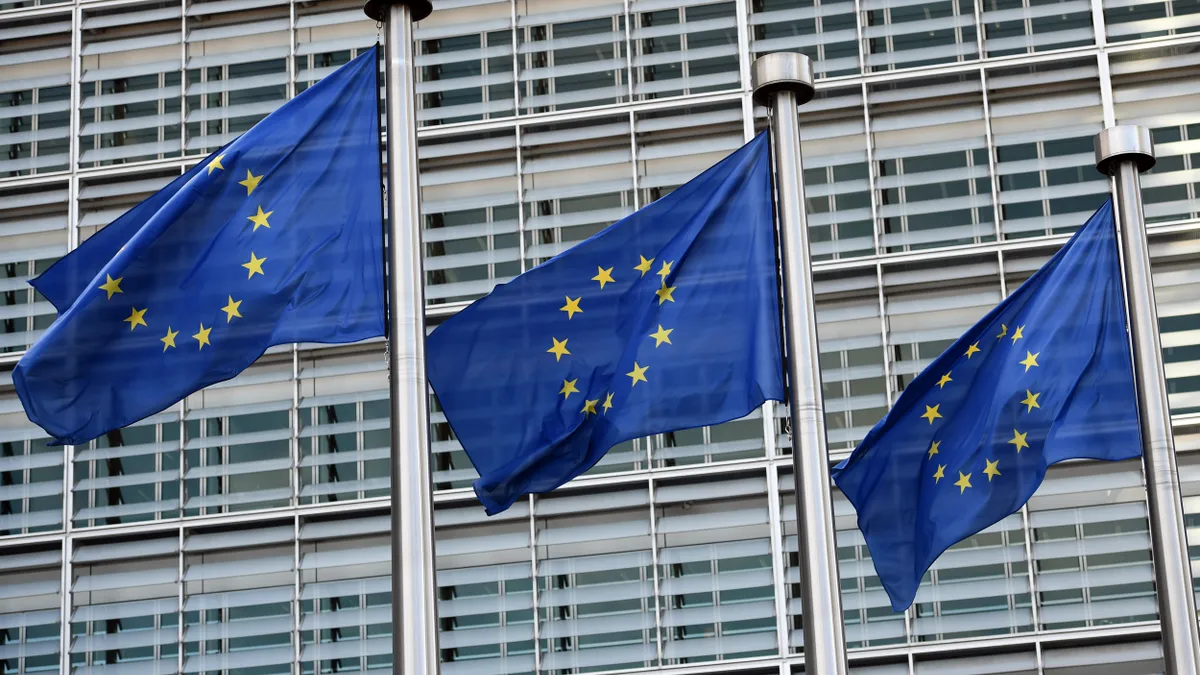The Latest
-
Edwards calls off JenaValve buyout after court halts deal
Edwards terminated the deal after the Federal Trade Commission moved to block the acquisition due to anticompetitive concerns.
-
Illumina names former NIH genomics director as chief medical officer
The company unveiled the appointment alongside news of the departure of its chief commercial officer.
-
Haemonetics to acquire Vivasure Medical
The purchase is expected to expand Haemonetics’ impact in fast-growing markets for structural heart and endovascular procedures.
-
Deep Dive
4 medtech topics to watch in 2026
From insurance coverage questions to M&A and tariffs, here are the top storylines to watch in the medical device space in 2026.
-
Teleflex CEO leaving company
Stuart Randle, who retired in 2018, has replaced Liam Kelly as CEO and president on an interim basis.
-
CMR robot earns CE mark in pediatrics; SS Innovations readies smaller instruments
CMR Surgical received the approval for abdominal surgery for its Versius platform in patients under age 18 in Europe, while SS Innovations will incorporate five new instruments into its SSi Mantra system.
-
House votes to revive enhanced ACA subsidies
The House voted 230-196 to extend the financial assistance, which lapsed on Dec. 31, for three years. The measure is not expected to pass the Senate.
-
FDA exempts more wearable, AI features from oversight
In a pair of guidance documents released Tuesday, the regulator clarified the types of wellness features and clinical decision support tools that don’t fall under medical device oversight.
-
J&J submits FDA de novo request for Ottava robot in general surgery
Johnson & Johnson’s filing comes a month after Medtronic gained U.S. clearance for its Hugo system as competition in the soft tissue robotic surgery market heats up.
-
Surgerii Robotics raises $100M to fund global expansion
The China-based surgical robot manufacturer is gearing up for growth after receiving Europe’s CE mark last year for its single port endoscopic system.
-
STAAR shareholders reject Alcon’s revised buyout offer
The implantable lens maker said it would remain a stand-alone company after its shareholders turned down Alcon’s $1.6 billion offer.
-
Stereotaxis wins FDA approval for robotically navigated ablation catheter
Stereotaxis’ CEO said the company has been “hampered clinically, commercially and strategically” by its prior dependence on a J&J catheter.
-
Q&A
Ōura’s Ricky Bloomfield proposes new regulatory pathway for wearable health features
The chief medical officer is interested in an easier path to market for health screening features in wearable devices.
-
Biobeat raises $50M to commercialize cuffless blood pressure monitor
The company will use the money to try to establish its cuffless device as a go-to option for 24-hour blood pressure monitoring in the U.S.
-
Vicarious inks software partnership as it streamlines operations
Under the agreement, the engineering partner will be responsible for a significant portion of the software development for the Vicarious robotic system.
-
Meet 5 medtech companies redefining surgical robotics
Executives at companies innovating a range of new robotic surgery platforms shared their progress and challenges in MedTech Dive's series of profiles.
-
New Henry Schein CEO expected by mid-January as Bergman extends tenure
Stanley Bergman has worked at Henry Schein for 45 years, more than 35 of which he spent as CEO, and was due to retire at the end of 2025.
-
Time’s up: Enhanced ACA subsidies expire
The expanded tax credits are officially dead after lawmakers failed to secure an extension before the end-of-year deadline. There’s still a chance, though a small one, that they could come back in 2026.
-
Edwards receives FDA approval for mitral valve replacement system
The Sapien M3 device is the first approved mitral regurgitation treatment to use a transseptal approach, Edwards said.
-
FDA posts Class I recall notice about Medtronic heart vent catheters
The company received three complaints about patients who had perforation injuries linked to the devices.
-
Abbott receives FDA approval for Volt PFA system
Abbott can now compete with Medtronic, Boston Scientific and J&J in the U.S. for the fast-growing pulsed field ablation market.
-
Abbott receives clearance for heart delivery device in premature babies
Physician feedback has informed a delivery device designed to make procedures safer and easier.
-
Medtronic’s diabetes spinoff MiniMed files for IPO
MiniMed is pitching the breadth of its portfolio as an advantage over more focused rivals such as Dexcom and Insulet.
-


stock.adobe.com/Kay A/peopleimages.com

HHS seeks input on speeding AI adoption in clinical care
The request for information comes as the Trump administration has largely taken a deregulatory stance on AI, in a bid to avoid hampering the technology’s rollout.
-
EU proposal would simplify Medical Device Regulation
If finalized, the changes would reduce the scope of AI regulations for medical devices and include more provisions for rare disease treatments.




